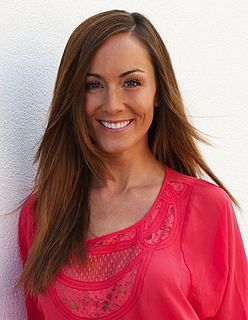A Quote by Henry Ford
As a young man, I was very interested in how people lived in earlier times; how they got from place to place, lighted their homes, cooked their meals and so on. So I went to the history books. Well, I could find out all about kings and presidents; but I could learn nothing of their everyday lives. So I decided that history is bunk.
Related Quotes
When I went to high school - that's about as far as I got - reading my U.S. history textbook, well, I got the history of the ruling class. I got the history of the generals and the industrialists and the presidents that didn't get caught. How 'bout you? I got all of the history of the people who owned the wealth of the country, but none of the history of the people that created it.
I don’t know much about history, and I wouldn’t give a nickel for all the history in the world. It means nothing to me. History is more or less bunk. It's tradition. We don't want tradition. We want to live in the present and the only history that is worth a tinker's damn is the history we make today.
I was raised in Harlem. I never found a book that took place in Harlem. I never had a church like mine in a book. I never had people like the people I knew. People who could not find their lives in books and celebrated felt bad about themselves. I needed to write to include the lives of these young people.
I feel history is more of a story than a lesson. I know this idea of presentism: this idea of constantly evoking the past to justify the present moment. A lot of people will tell you, "history is how we got here." And learning from the lessons of history. But that's imperfect. If you learn from history you can do things for all the wrong reasons.
I'm kind of interested in learning to learn and grow and challenge myself. I think I've been very fortunate in that my books are pretty different from one novel to the next. There's a lot of things that are similar but in terms of tone and the scale and how they interact with history and just the different styles as well.



































